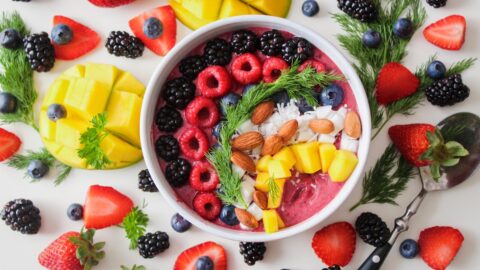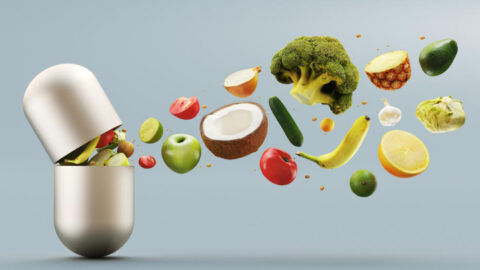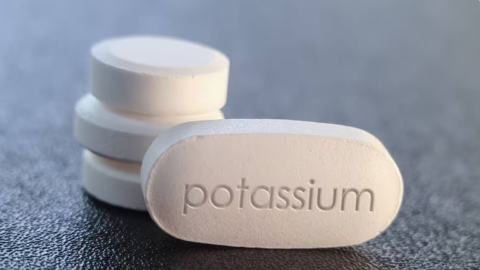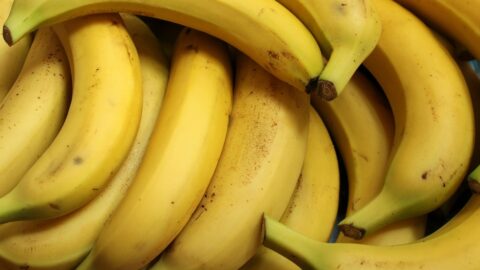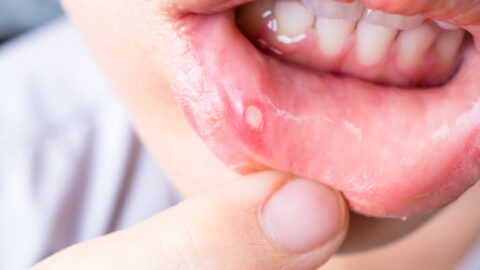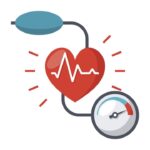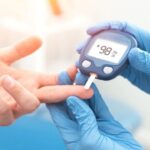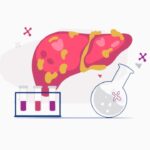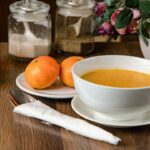Questions about nutrition are answered by Master, Specialist Level 1 Dr. Huan Thi Tran – Head of the Nutrition Department at TCI Healthcare System.
 Master, Specialist Level 1 Dr. Huan Thi Tran – Head of the Nutrition Department at TCI
Master, Specialist Level 1 Dr. Huan Thi Tran – Head of the Nutrition Department at TCI
Q: Can I eat normal again after a gastric bypass?
A: After gastric bypass, the stomach cannot hold as much food as before, so you need to eat several small meals or fewer larger ones. Right after the surgery, you might start with small portions daily. After a few months, you can consume fewer meals with larger-sized portions. Note that no matter what size of the meal, you must chew food thoroughly and eat slowly to help the digestive system easily absorb food. You should not also eat anytime during 2 hours before bedtime. Do not drink more than 120ml of liquid at each meal. This will allow you to eat enough solid foods without feeling too full and keep food from moving into the small intestine too quickly. Note that soups and protein drinks still count as liquids. Also, avoid carbonated beverages as they make you feel full. The stomach plays an essential role in absorbing vitamin B12; therefore, there might be a shortage of B12 if a part of the stomach is removed. You will need to take additional vitamin B12 in the form of dietary supplements or monthly injections as prescribed by your doctor.
Q: What is the diet plan for patients after breast cancer surgery?
A: Foods that contain all the nutrients the body needs after breast cancer surgery are:
- Foods rich in protein but low in fat to help heal surgical wounds and prevent infection, such as beef, eggs, milk, chicken, fish, cheese, etc.
- Foods rich in iron, such as lamb, beef, etc.
- Foods rich in vitamin A include carrots, tomatoes, pumpkin, egg yolks, papaya, etc.
- Foods rich in vitamin C, such as oranges, tangerines, grapefruit, pineapple, spinach, etc.
- Foods containing antioxidants such as green vegetables, blueberries, carrots, etc.
Q: What is the nutrition plan to promote healing and recovery?
A:
- Foods to eat:
- High protein foods: chicken, beef, eggs, fish, tofu, etc.
- Nuts and seeds
- High magnesium foods: avocado, green vegetables, whole grains, etc.
- High Zinc foods: yogurt, meat, seafood, whole grains, etc.
- High vitamin A foods: milk, sweet potatoes, melons, tomatoes, bell peppers, etc.
- Foods to avoid:
- Fast foods and processed foods
- Alcohol
- Cheese

